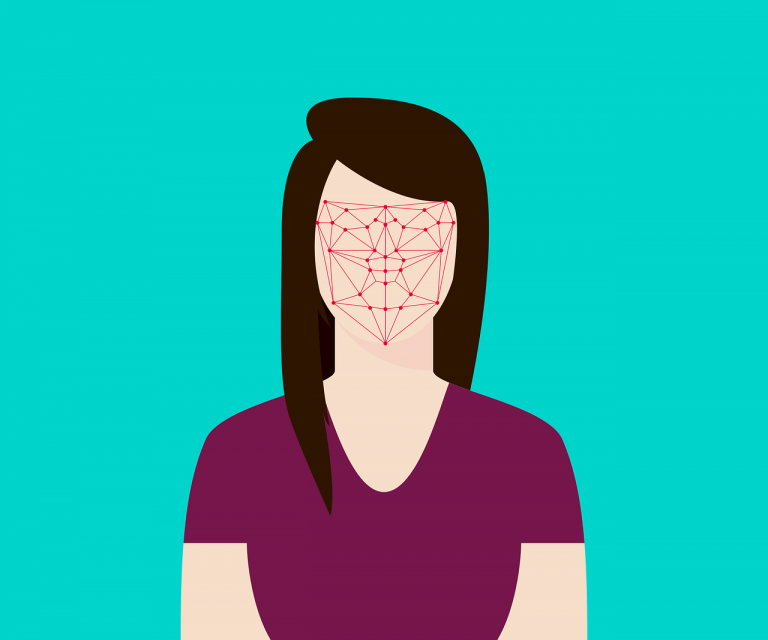Are universities more vulnerable to academic dishonesty?

Image By tswedensky Used Under Pixabay License
In April, actor Felicity Huffman and 12 other parents decided to plead guilty in the largest-ever college admissions scandal in the U.S. She is accused of paying to falsify her children’s test scores to secure admission to elite colleges. Echoing the scandal, NPR discusses how students are finding it easier to cheat college processes, for example, through services like an online essay market. For instance, a student revealed she received half-dozen offers of help within minutes of tweeting her frustration with an assignment. She ended up hiring one that costed U$10 per page, and argued that she didn’t think it was cheating because she wasn’t plagiarizing.
Ashley Finley, senior adviser to the president for the Association of American Colleges and Universities, raised concerns about the growth of the so-called essay mills market. The piece points out that, as an answer to this global industry, YouTube is working to block videos that promote dishonest behaviour. In addition, a company has even created a software called Authorship Investigate, which assess the “writing fingerprint” by inspecting documents’ metadata.
Do you think students are more prone to academic dishonesty? Are universities doing enough to curb it? Take a look at our tutorial about academic honesty and share your thoughts with us in the comment box below.
Is AI being more harmful than beneficial to people’s lives?

Image By teguhjatipras Used Under Pixabay License
In a talk hosted by Vox’s Recode Decode, the co-founders of the AI Now Institute, Meredith Whittaker and Kate Crawford, discussed how artificial intelligence is affecting our lives right now. One of the examples they brought up was Amazon’s intent to build a résumé scanner, which ended up being very biased against female applicants. “They definitely did not want that to be the outcome, which is why they didn’t release the tool, but it also tells you something about the pile of résumés that they had,” Crawford said. Another example she mentioned was HireVue, a system already in use that records people’s patterns during a job interview and matches them with a company’s highest performers. “Might sound like a good idea, but think about how you’re basically just hiring people who look like the people you already have,” she said.
Whittaker concluded the talk saying that those issues don’t mean that the people behind the companies developing AI are bad, but that there are “very different incentive structures” in place. “Are these the incentives we want to govern a technology that is this pervasive and this powerful? And if not, what are the changes we would need to put in place?” she asked.
Some of the questions posed by the co-founders of the AI Now Institute go in the same direction of the discussion raised by the former Digital Tattoo contributor Margaux Smith in a blog post about the ethics of algorithms. For her, “we need to mobilize knowledge of how certain algorithms affect people negatively,” and this includes having extensive public participation around the issue.
How do see this discussion currently? What else we as citizens should be doing to hold the corporations behind AI accountable?
Is there a way to make Facebook a less damaging public forum?

Image By ijmaki Used Under Pixabay License
In an op-ed published by the Globe and Mail, Eric Jardine, assistant professor at Virginia Tech and fellow at the Centre for International Governance Innovation, raised concerns about the risk of misinformation and malicious interference on Canada’s coming federal election. “A storm is coming […] There’s no question that Canada’s election will be in the crosshairs of foreign operators. The only question is, will we be ready?” he wrote. Part of what worries him is Facebook’s inadequate response to situations like the mosque attack in New Zealand, which was streamed live on the platform.
Building on this op-ed, the podcast Canadaland discussed the necessity of more regulations for Facebook. The podcast’s host Jesse Brown interviewed Natasha Tusikov, a criminology professor at the York University, who studies the intersections between technology and regulation. For Tusikov, “Facebook is the most prominent bad actor” on multiple serious situations that have happened on the realm of internet. As examples, she mentioned the Cambridge Analytica scandal and Facebook’s role on the Myanmar genocide. She is concerned about the company’s intent to make rules about hate speech; instead, she believes this should be a governmental effort with proper accountability tools. As a solution, Tusikov suggests that we should start thinking about changing Facebook’s business model completely – for example, shifting from an ad-based model to a subscription one.
As Canadaland’s episode title suggests, do you believe Facebook is worth fixing? In 2016, we interviewed some students and all of them said they used social media to stay informed. So, what is our role as users in holding Facebook accountable?
Read our most recent blog posts:
- A Model for Your Data Double: What Your Behaviour Tells Algorithms
- Building Online Communities: Digital Tattoo at the IM Conference 2019
- Job-seeking in the Digital Age
- In the News: Mozilla’s 2019 Internet Health Report
- Book Review: Data and Goliath
- Voice as Identity: Rising Use of Vocal Biometrics
- In Conversation with Open Education Advocate Paul Stacey
- Digital Finance Series: Robo-Investing
What’s happening:
TORONTO:
Exhibition – Ambition, Innovation & Excellence: A Decade at Skule™
When? From May 1 to May 31 (see website for daily hours)
Where? U of T St. George (Downtown) Campus – Myhal Centre for Engineering Innovation & Entrepreneurship, 55 St. George Street, Toronto, Ont.
Symposium – Governing Cities in the 21st Century
When? May 18, from 8:30 am to 2 pm (EST)
Where? U of T St. George (Downtown) Campus – Bram and Bluma Appel Salon, Toronto Reference Library, 2nd Floor, 789 Yonge Street, Toronto, Ont.
Symposium – What do we mean when we say ‘content moderation’?
When? May 25 and May 26, from 10 am to 5 pm (EST)
Where? U of T St. George (Downtown) Campus – Hart House, 7 Hart House Circle, Toronto, Ont.
Talk – Cities by Design: Smart Communities and Villages, with Prof. Joseph Wong
When? May 28, from 4:10 pm to 6 pm (EST)
Where? U of T St. George (Downtown) Campus – Jackman Law Building, Faculty of Law, J225, 78 Queens Park, Toronto, Ont.
Edited by: Defne Inceoglu

